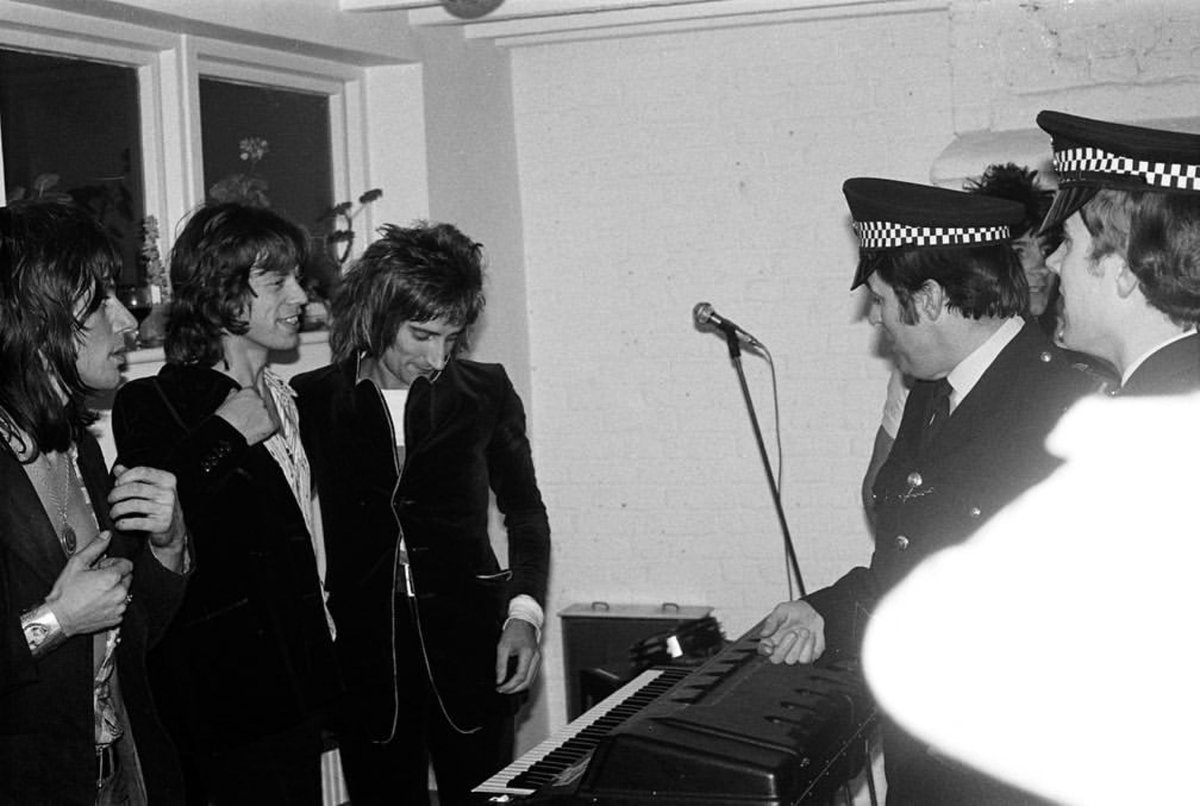The man that helped shaped the sound of popular music from the late forties onwards is still giving interviews at age eighty-three:
Matassa recalls engineering the sound of New Orleans
By Edna Gundersen, USA TODAY
NEW ORLEANS — Low visibility never bothered Cosimo Matassa. It went with the job.
"My role was to be transparent," says the storied studio guru. "If I did my job right, you didn't know I did it. In the control room, I'd try to match what I heard in the studio. Technical limitations made it difficult, but most of the time it came out pretty good."
Pretty good? He's talking about Fats Domino's The Fat Man, arguably history's first rock record. And Guitar Slim's Feelin' Sad, often cited as the first soul record. Also, Lloyd Price's Lawdy Miss Clawdy and Little Richard's Tutti Frutti and Long Tall Sally, plus recordings by Ray Charles, Allen Toussaint and Sam Cooke.
As a self-taught engineer and studio operator, Matassa, 83, was pivotal in developing the New Orleans sound during the fertile rock and R&B era of the '50s and '60s. He has a more modest take.
"There were great musicians everywhere you turned," he says. "They made me look good."
An only child, Matassa studied chemistry at Tulane University before dropping out to work for his father's jukebox company and later the family appliance and record store at Rampart and Dumaine. In 1945, he installed studio gear in the back room for personal amateur recordings.
The J&M Recording Studio (named for his father John Matassa's initials) quickly grew into a serious enterprise, the crucible of the "New Orleans sound" that flourished from 1947 to 1956. In 1951, 16-year-old Jerry Lee Lewis cut his first demo at J&M.
The building, designated a historic landmark in 1999, today houses The Clothes Spin, a noisy coin-operated laundry displaying large images of its famous ghosts, including Professor Longhair, who recorded Tipitina here in 1953.
Matassa's Market, the 85-year-old family corner grocery a few blocks away, bears few clues of his past, largely because Matassa didn't amass keepsakes.
"I had no sense of history," he says. "I was trying to make a living, and I had no idea those records would be so historic."
He can't recall specifics of recording Fat Man in 1949.
"I had no premonition that it was going to be a hit," he says. "Fats was extremely shy. But when he played, he came alive. It's an amazing transformation."
He warmly recalls the legends:
•Little Richard. "A wild man with tremendous drive. He bleeds for every performance."
•Allen Toussaint. "A sweetheart and literally a genius. He could write a song that captured an artist in the lyrics, melody and arrangement." Only Toussaint was signed after RCA auditioned 150 musicians lined up around Matassa's studio in 1958.
•Ray Charles. "A fantastic memory. When most directors rehearse, they stop and go. Ray would do the whole song, remember everything and give a complete recitation. A great ear."
•Lee Dorsey. He "wasn't much of a singer. Toussaint wrote songs that had him practically talking, and it was always interesting and entertaining."
•Professor Longhair. "Totally unique. Sadly, his output was small because for years he didn't play. He worked as a janitor."
•Dr. John. The future Night Tripper had a band in high school and wanted to drop out. "I told his mother, 'Make him go to school,' but she eventually gave in. He was doing nothing but music as a youngster. Back then, he was a guitarist. You couldn't miss that talent in him."
Dr. John cherishes his years under Matassa's tutelage in a studio full of jazz and R&B masters.
"The kids like James Booker, Allen Toussaint and myself, we had great role models," he says. "I was playing guitar for all the great piano players, so when I started on keyboards, I had a lot to draw from. Cosimo let me audition talent in the studio. My life shifted so many gears because of him."
Matassa achieved musical miracles despite tight space, primitive gear and meager financing.
"I was never state-of-the-art," he says. "But simple was better. The more toys you get, the more you play. People were using two- and three-track recorders when I got my first Ampex 300, a single-track machine, so-called portable, but it was in two trunks and took two men and a boy to move it. The control room was the size of three phone booths."
In 1955, Matassa relocated to Gov. Nichols Street and expanded after acquiring a building next door, "a huge cold storage space with cork 4 inches thick all over; it was ready-made for us."
Matassa's iconic sessions did not translate into riches. He quit music in the '80s to run the grocery, now operated by his sons. He received a 2007 Grammy Trustees Award for raising the city's musical profile.
"It's a remarkable city with a deep pool of talent, and yet the business infrastructure never happened," he says. "If you went to a bank about real estate, they'd say, 'See Mr. Jones.' If it was oil, 'See Mr. Smith.' For music, it was, 'Get out of here before I call the police.' There are wonderful musicians who never had a successful career because there was only room for a few at the top."
Such underappreciated talents as the late Smiley Lewis were a tragic consequence of that commercial void, he says. It's especially galling in light of the meager skills required for hits today.
"Musicians start younger and get ahead of themselves," Matassa says. "They're not as good as they think they are."
http://www.usatoday.com/life/music/news/2009-07-15-cosimo-matassa-new-orleans_N....













 Pages: 1
Pages: 1

